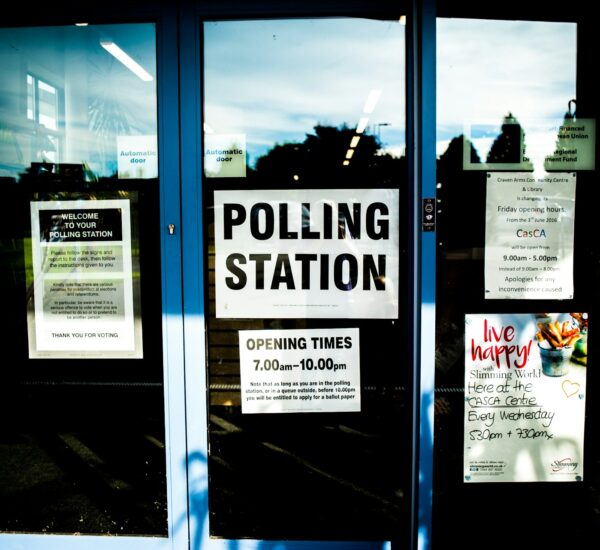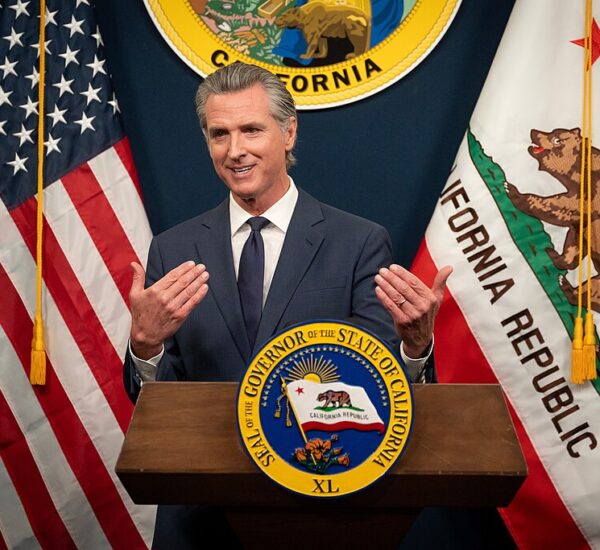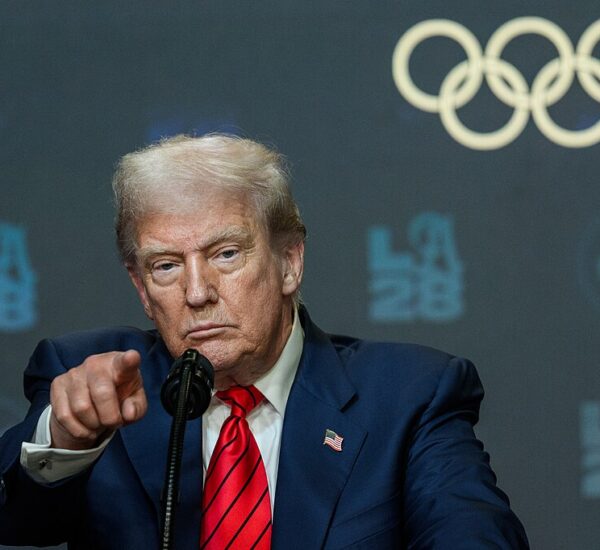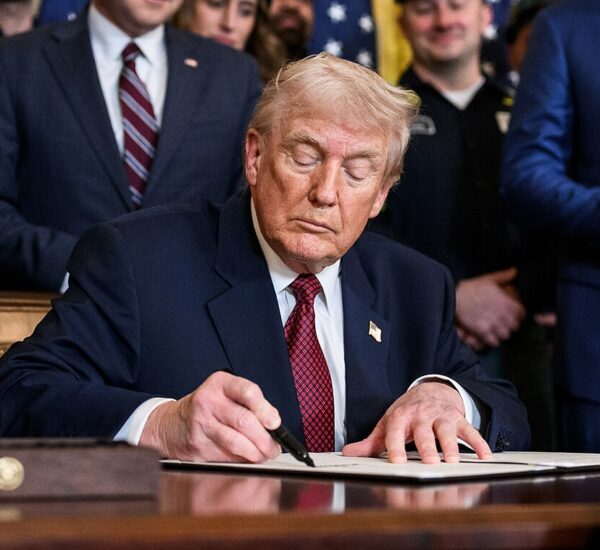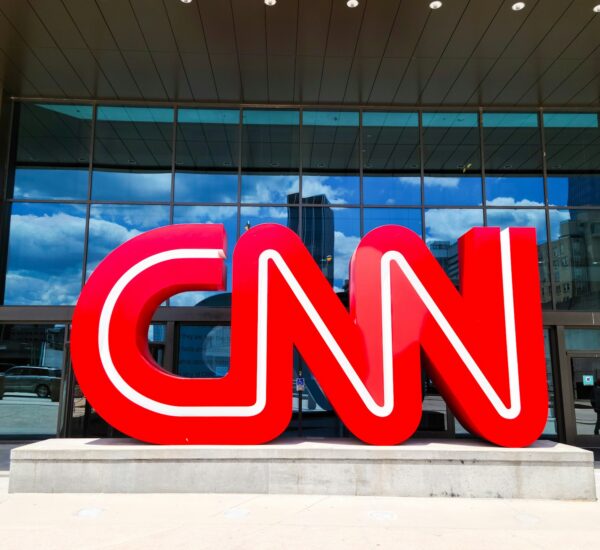Karma Knocks Biden Down
In a decision announced on Friday, the Supreme Court ruled against the Biden administration’s program to provide student loan debt relief. The court, with a majority of 6-3, determined that the Secretary of Education does not have the authority under federal law to cancel more than $430 billion in student loan debt.
According to Fox, Chief Justice John Roberts, writing for the majority, stated that the Secretary’s plan aimed to cancel approximately $430 billion in federal student loan balances, eradicating the debts of 20 million borrowers and significantly reducing the median amount owed by the remaining 23 million borrowers from $29,400 to $13,600. Six states filed a lawsuit arguing that the HEROES Act, under which the loan cancellation plan was implemented, does not authorize such a program. The court agreed with their argument.
According to a White House source speaking to Fox News Digital, President Biden strongly disagrees with the Supreme Court’s decision. The President plans to announce new measures later today to protect student loan borrowers. The source also mentioned that Biden intends to place blame on Republicans for obstructing the relief promised to student borrowers.
Biden’s student loan initiative, which had been put on hold due to the litigation, involved the federal government providing debt relief of up to $10,000 (and up to $20,000 for Pell Grant recipients) for individuals earning less than $125,000 per year. The program was projected to cost the government over $400 billion.
Biden initially pushed for debt cancellation in August 2022, and his administration received around 16 million applications before Republicans objected and the program was halted. Republicans argued that Biden lacked the authority to unilaterally forgive student loans, with estimates from the Congressional Budget Office suggesting a cost of approximately $400 billion to taxpayers. Republicans were outraged by this total, asserting that forgiveness would be unfair to those who either paid their own way through college, repaid their loans, or never attended college at all.
The Supreme Court heard two separate challenges related to the law. In the first case, Department of Education v. Brown, the court ruled that a pair of private borrowers lacked the standing to challenge the loan forgiveness plan. The second case, Biden v. Nebraska, involved six states challenging the loan forgiveness scheme. The court determined that at least Missouri had standing to sue because the program would impose significant annual fees, estimated at $44 million, on a nonprofit government corporation established by the state called MOHELA.
Biden’s administration relied on the HEROES Act, a federal statute, to enact the plan, arguing that it granted the Secretary of Education the power to “waive or modify any statutory or regulatory provision applicable to the student financial assistance programs … as the secretary deems necessary in connection with a war or other military national emergency.”
However, the court majority rejected this argument. Chief Justice Roberts emphasized that the Secretary’s “modifications” to the law went beyond modest adjustments and additions to existing regulations, effectively creating a new loan forgiveness program that was substantially different from what Congress intended in the HEROES Act. Roberts stated that the comprehensive debt cancellation plan could not be considered a mere waiver, modification, or a combination of the two.
The court’s three liberal justices dissented from the majority opinion. Justice Elena Kagan expressed her disagreement with the decision, noting that it undermines the joint judgment of the Legislative and Executive Branches and eliminates loan forgiveness for 43 million Americans.
Despite the ruling, Biden’s Education Department had been exploring alternative options to provide relief through different means in anticipation of an unfavorable outcome.

